In the draft Resolution on removing difficulties for energy development in the 2026-2030 period, the Ministry of Industry and Trade said that one of the main reasons why many power projects are still "on paper" is that the procedures for selecting investors are too complicated and inconsistent.
Although it is included in the national power plan, to be implemented, the project still has to re-apply for investment policy, re-create documents, and undergo multiple appraisals, which prolongs the time and wastes resources.
To overcome this, the Ministry of Industry and Trade proposes to exempt investment approval procedures for power projects that have been included in the adjusted Power Plan VIII, except for projects of special importance or located in areas sensitive to national defense and security. At the same time, the draft allows 100% state-owned enterprises to invest in transmission projects, urgent projects or projects that need to ensure energy security, in order to maintain progress and consistency in implementation.
For the remaining projects, the draft proposes to select investors through a transparent competitive bidding mechanism, while allowing the winning electricity price to be used as the basis for negotiating financial plans and signing power purchase contracts.
Notably, according to the Ministry of Industry and Trade, offshore wind power is considered the “spearhead” in Vietnam’s energy transition strategy. However, the current regulatory system lacks consistency, especially in the stages of sea survey, sea area allocation, licensing authority, survey costs and investor selection criteria.

To ensure the feasibility of offshore wind power projects, the Ministry of Industry and Trade proposes specific regulations on conditions for offshore wind power investors.
Specifically, investors need to have a business in electricity, a minimum charter capital of VND 10,000 billion, minimum equity of 15% of total investment, experience in developing large-scale projects, and must have consensus from the Ministry of National Defense, Ministry of Public Security , Ministry of Finance, Ministry of Construction and Ministry of Agriculture and Environment.
According to the Ministry of Industry and Trade, this is a requirement to ensure national security and defense, sovereignty over seas and islands, and ensure safe operation of the national power system.
Another important point is the mechanism for exemption and reduction of fees for using sea areas and allowing projects to enjoy investment incentives according to current laws. In particular, projects approved for investment before January 1, 2031 will be subject to long-term minimum contract power output of up to 90% of the average of many years, helping investors mobilize international capital more easily.
Regarding LNG electricity, the Ministry of Industry and Trade assesses it as an important base source of electricity to ensure system stability in the context of increasing proportion of renewable energy and weather fluctuations. However, currently, projects are facing major problems in gas consumption mechanism, electricity price and term of power purchase contract.
The Ministry of Industry and Trade proposed applying a two-component electricity price mechanism (capacity price and electricity price) in accordance with international practices; regulating the long-term minimum contract electricity output not to be lower than 75% of the average output over many years...
Source: https://tienphong.vn/muon-lam-du-an-dien-gio-ngoai-khoi-phai-co-y-kien-thong-nhat-cua-5-bo-post1795950.tpo


![[Photo] Prime Minister Pham Minh Chinh chairs the 15th meeting of the Central Emulation and Reward Council](/_next/image?url=https%3A%2F%2Fvphoto.vietnam.vn%2Fthumb%2F1200x675%2Fvietnam%2Fresource%2FIMAGE%2F2025%2F11%2F27%2F1764245150205_dsc-1922-jpg.webp&w=3840&q=75)

![[Photo] President Luong Cuong attends the 50th Anniversary of Laos National Day](/_next/image?url=https%3A%2F%2Fvphoto.vietnam.vn%2Fthumb%2F1200x675%2Fvietnam%2Fresource%2FIMAGE%2F2025%2F11%2F27%2F1764225638930_ndo_br_1-jpg.webp&w=3840&q=75)






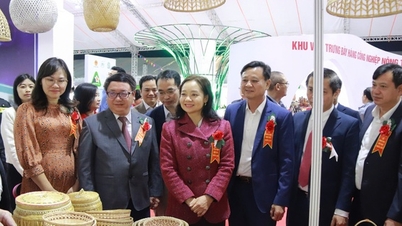
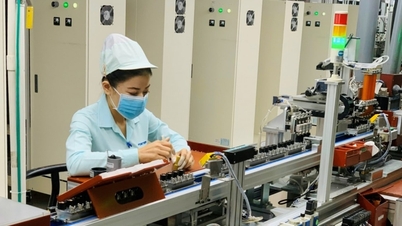

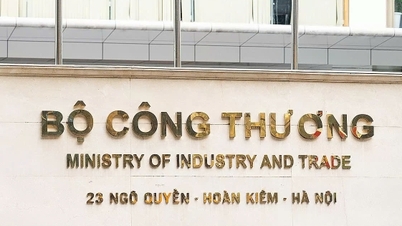

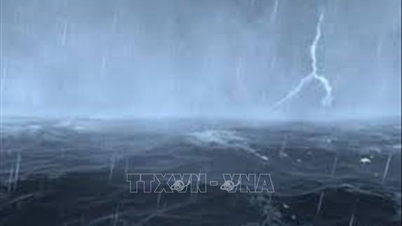





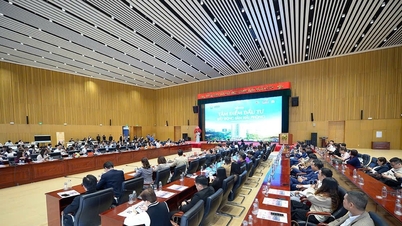
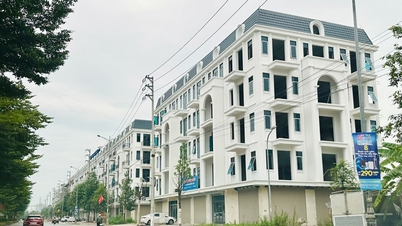
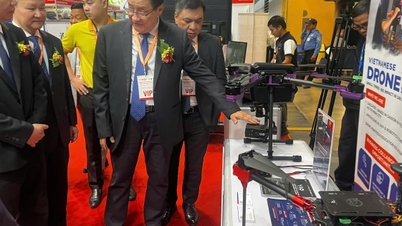





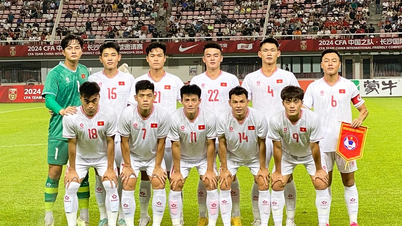


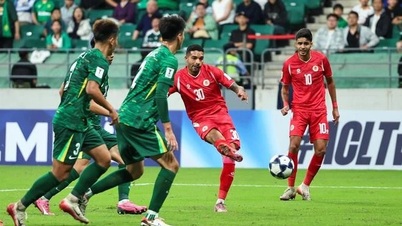









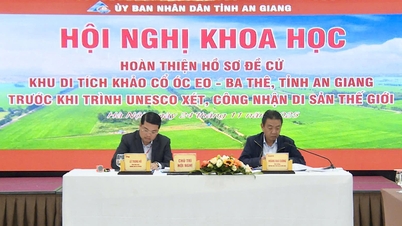










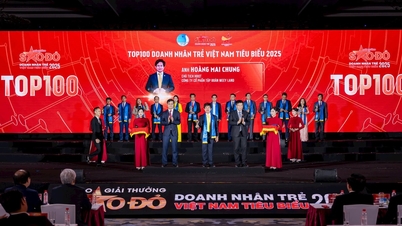
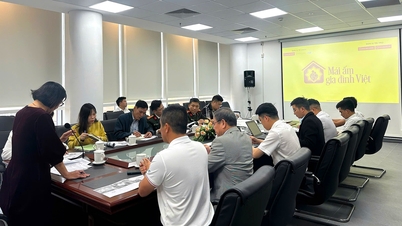

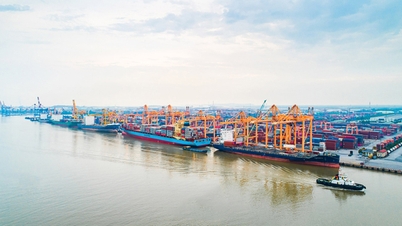
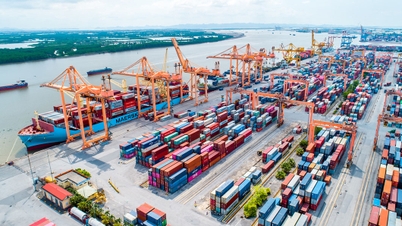
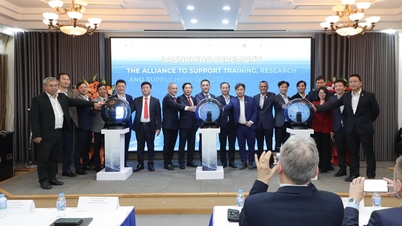



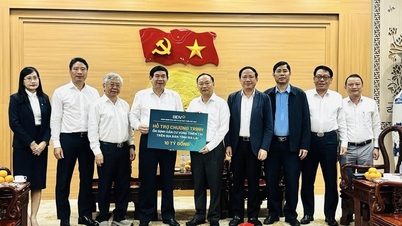









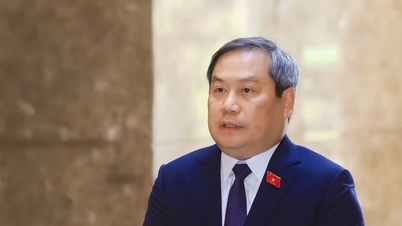


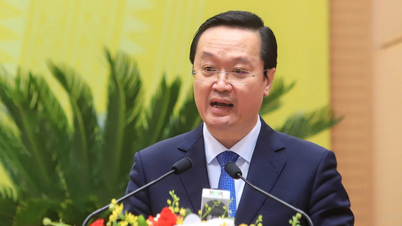
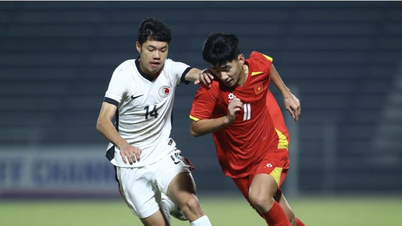


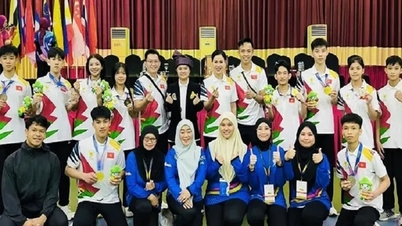


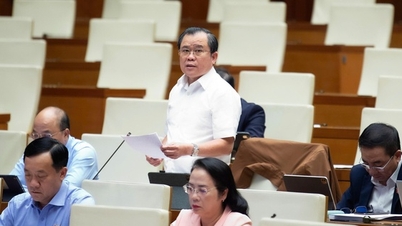



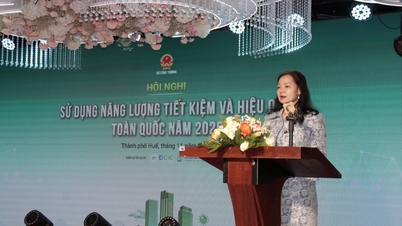
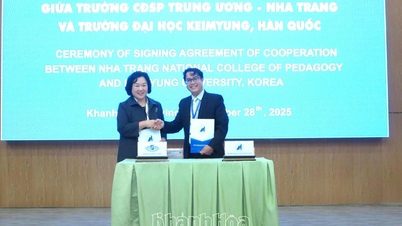

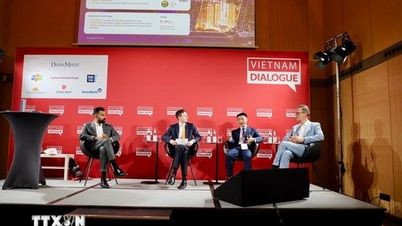

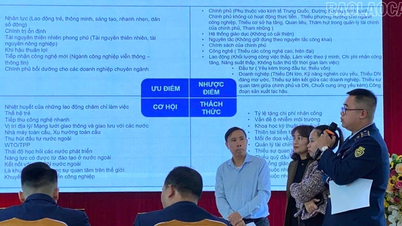

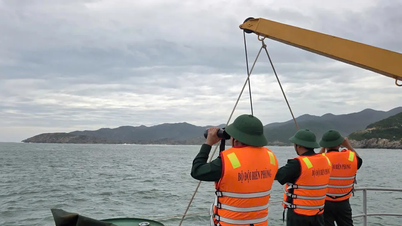

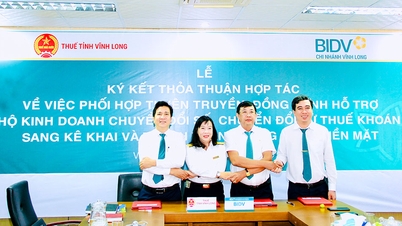

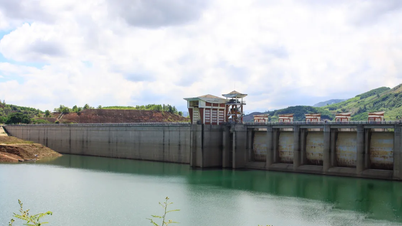












Comment (0)